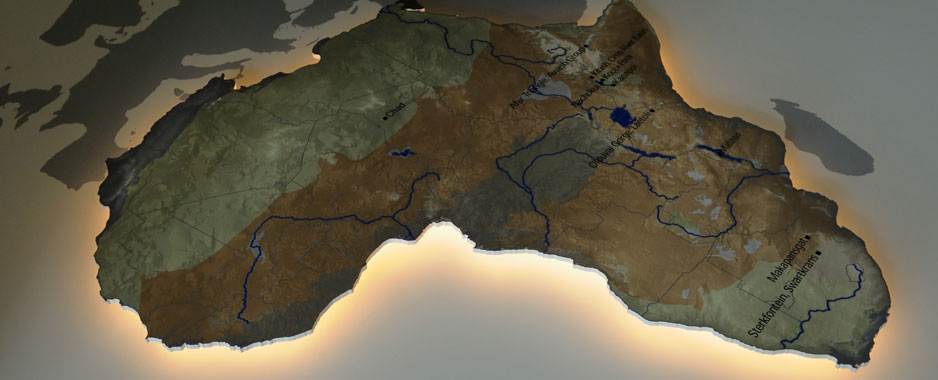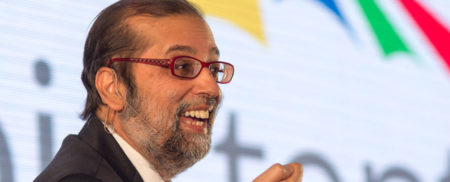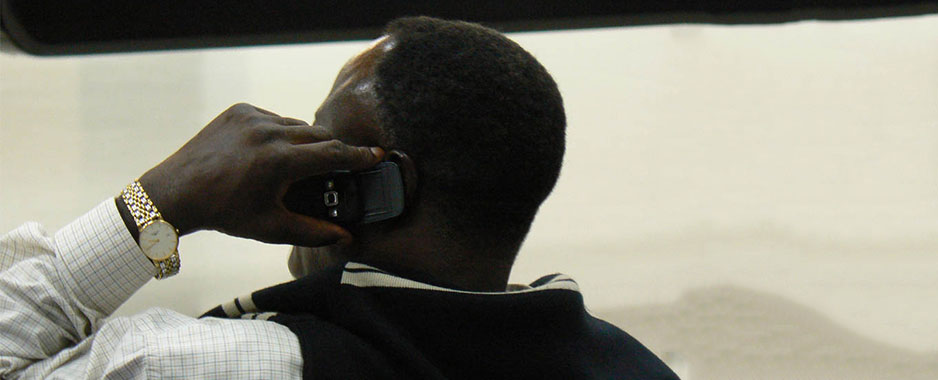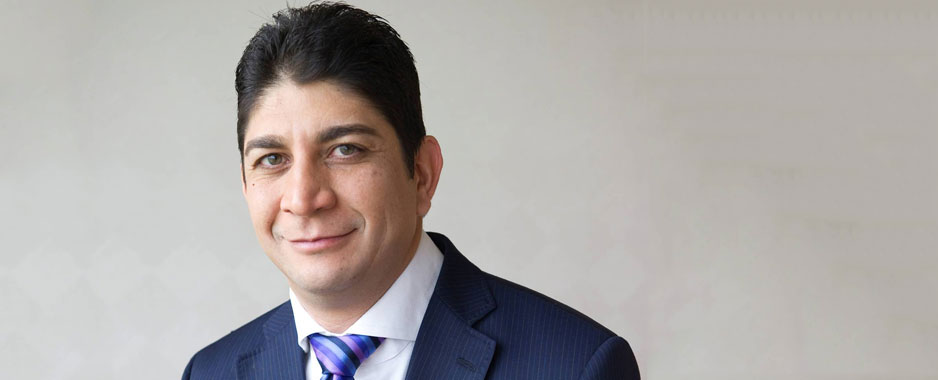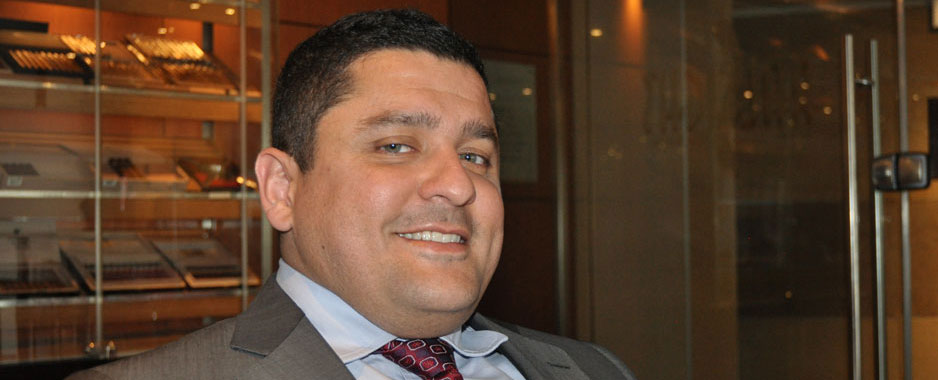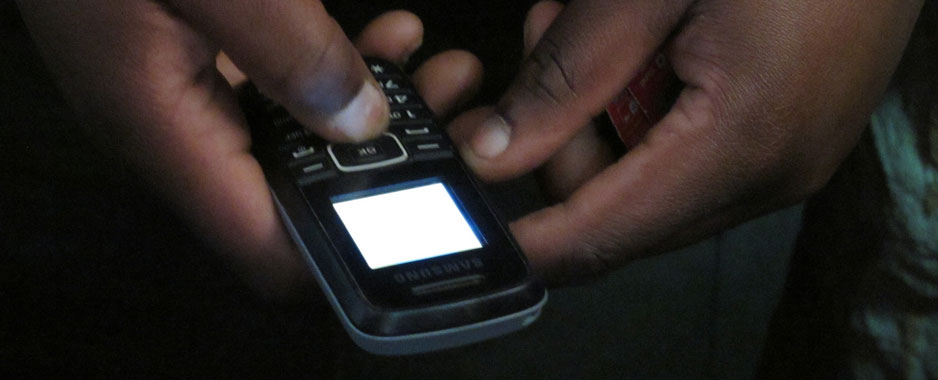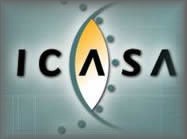South Africa leads in mobile application downloads in the sub-Saharan Africa market as consumers in Nigeria, Ghana and Kenya race to catch up, says an international organisation. The GSM Association revealed in its Mobile Economy Report for
Browsing: GSM Association
Mobile operators have made a significant contribution to the sub-Saharan economy in the past year, an international organisation has found. According to the GSM Association, the mobile industry
South Africa’s migration from analogue to digital terrestrial television looks set for yet more delays if an open letter, signed by MultiChoice, and published in weekend newspapers, is anything to go by. The letter, in the form of full-page advertisements, lays into communications minister Yunus Carrim, saying his
Mobile penetration as measured by the number of active Sims in use in sub-Saharan Africa has reached 61% of the population. But this masks the reality that fewer than one in three people in the region actually owns a mobile phone. According to a new research report from
Vodacom expects demand for data to offset a decline in voice revenues in the next few years, but with the margins on data slimmer and the price of data being driven down by a competitive market, the operator is also hoping so-called “over-the-top” services – content, social networking and financial services are three examples
South Africa’s seemingly neverending migration from analogue to digital terrestrial television has been so beset by problems for so long that it would be almost comical if the repercussions for the country’s economy weren’t so serious. It’s been more than a year since South Africa
Many countries in sub-Saharan Africa run the real risk of missing an International Telecommunication Union (ITU) deadline of June 2015 to complete migration from analogue to digital terrestrial television. This will come at an opportunity cost
Cellular industry body, the GSM Association, says that by the end of the year it expects there will be 3,2bn mobile phone subscribers worldwide, a huge reduction in its previous estimates. The new numbers suggest the adoption of mobile technology is not nearly as widespread as first
The Independent Communications Authority of SA’s (Icasa’s) proposals for licensing high-demand broadband spectrum are “fundamentally out of line with international best practice”, the GSM Association (GSMA) has warned in a submission to the authority. The GSMA is a powerful industry lobby group
The Independent Communications Authority of SA (Icasa) has surprised the telecommunications industry by announcing on Wednesday that it will publish a framework for licensing of spectrum in the 800MHz and 2,6GHz bands on Thursday and would



